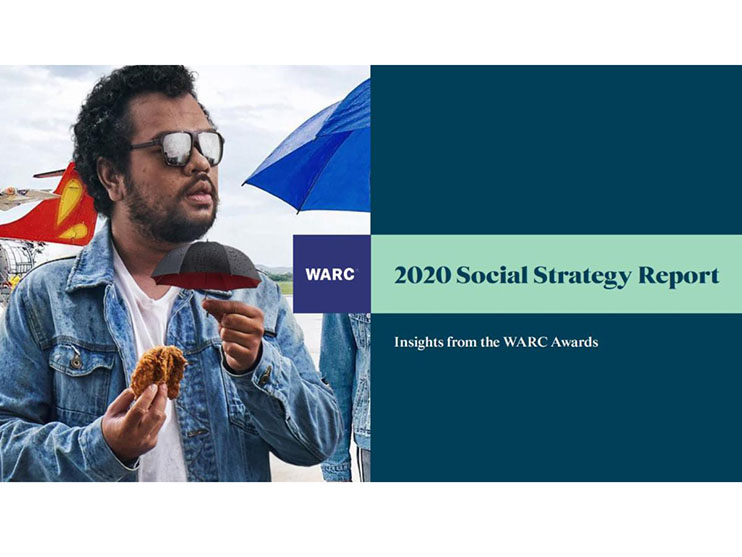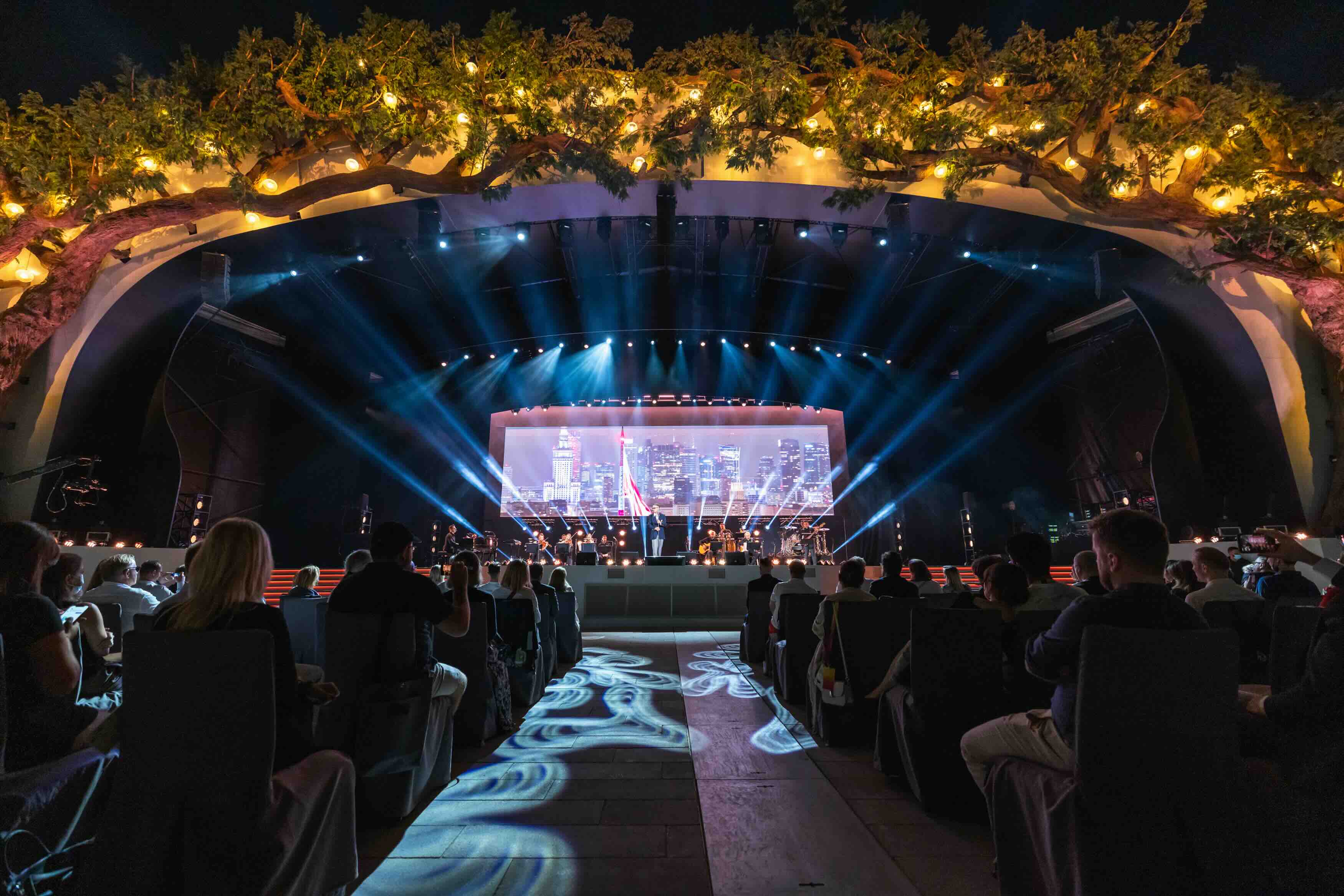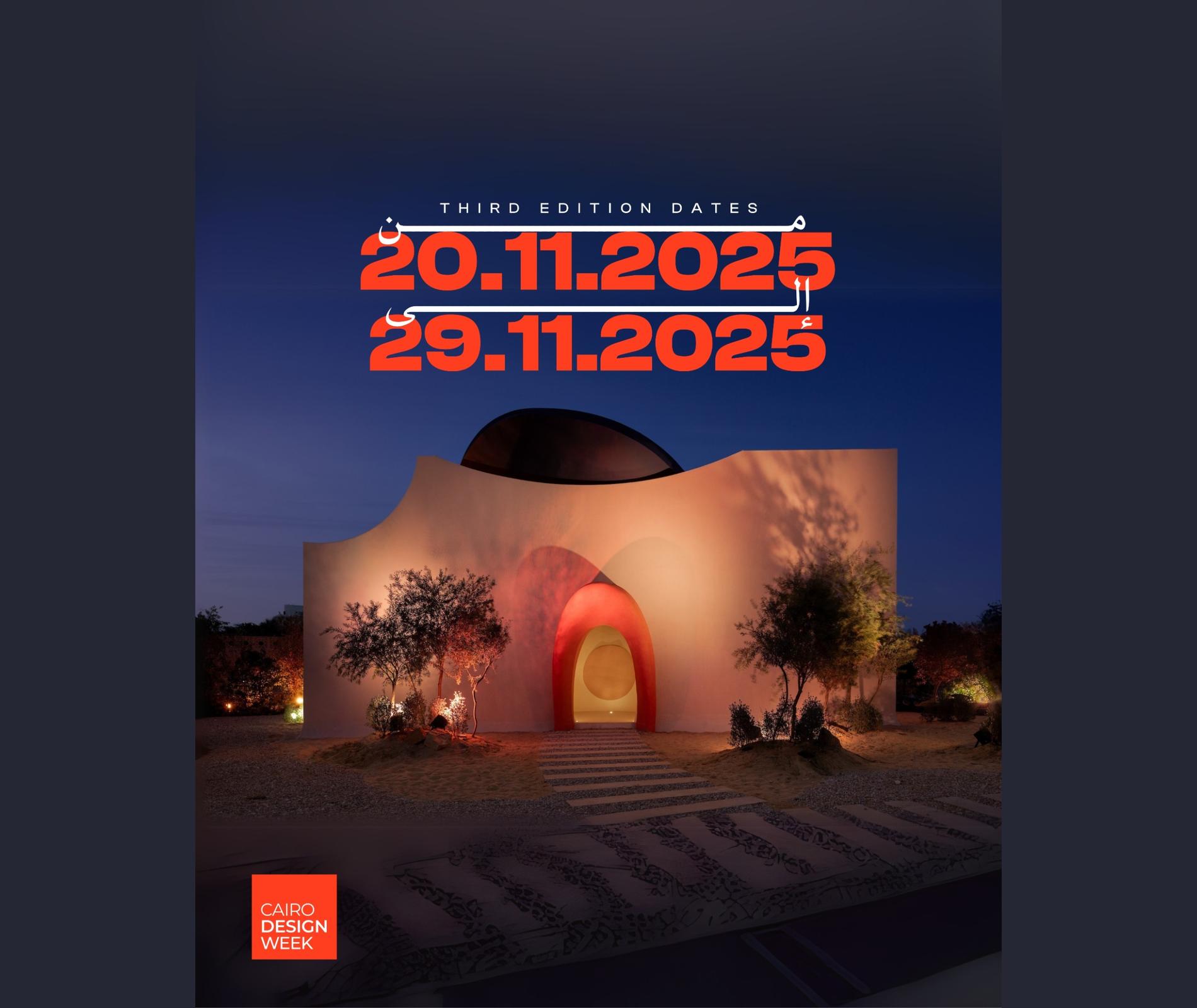News - Events
Social is effective in linking brand and performance marketing
July 21, 2020
.jpg) Advertisement
AdvertisementSocial's role in marketing continues to evolve as it increasingly plays a role in linking brand and performance marketing and in converting engagement into effectiveness via social commerce.
This is one of the conclusions outlined in WARC's latest study, the 2020 Effective Social Strategy Report, which provides insights and themes from the winners of the Effective Social Strategy category of the 2020 WARC Awards. It also includes an assessment of the implications for advertisers, agencies and media owners alongside contributions from members of the judging panel and other expert commentary.
Also highlighted in the report is the need for social strategies to be relevant not just to the audience they're targeting but also the platform where they run, and that brands facing dramatic shifts in budget can learn from the social efforts of non-profits.
Lucy Aitken, Managing Editor, Case Studies, WARC, comments: "We've analysed this year's winning case studies to identify the key social marketing trends and the main drivers that link a social strategy to business success. In this report, we provide actionable insights for marketers and agencies that can be applied to the social strategies of future campaigns."
WARC's 2020 Effective Social Strategy Report identifies four key themes:
• Linking brand and performance marketing
A clearly articulated social strategy can help join the dots between brand and performance marketing. When insights mined from social platforms are combined with the right data, it becomes easier to target the right people with the right message at the right time, boosting click-through rates and subsequent engagement.
German Rail did just that with social video showing young Germans how much money and CO2 could be saved through domestic tourism.
Carla Funk, Senior Strategic Planner, Ogilvy Germany, advises: "To link brand and performance marketing, avoid silo mentality and embrace a common goal."
• S-commerce is on the rise
Social commerce is becoming more prevalent, particularly due to brands accelerating their e-commerce strategies because of lockdowns: 62% of brands say they will decrease their investment in brand advertising in the coming months, while 32% say they will be spending more on e-commerce.
This year's winners, particularly those in the Quick Service Restaurant (QSR) sector, offer valuable lessons in how to engage people throughout the funnel and convert engagement into effectiveness. Burger King achieved a sales uplift by promoting its new product through a campaign based on 'creeping' on social media influencers' pages.
More recently, new iterations of social commerce have started to emerge, particularly in China where consumers are starting to purchase more regularly from livestreams and short-form videos.
Jury member Zoe Virtue, Head of Social & Digital, Mango Communications, says: "While consumer behaviour evolves, so must brands. The only certainty from here is that when it comes to e-commerce, social media will continue to be one of the most important channels."
• Audience and platform relevance is needed
Social strategies must be rooted in both platform and audience culture if they're to be relevant to both the audience they're targeting and the platform where they run. This is particularly the case when targeting younger audiences. Care must be taken to execute authentically and on the right platform for the right audience: for instance, TikTok is now as popular as Twitter among 18- to 24-year-olds in the UK.
• Brands can learn from non-profits
Non-profit brands can offer commercial enterprises some inspiration on developing a successful social media strategy and achieving reach on a limited budget.
For example, a simple Instagram idea, through Facebook Creative Shop for WWF, hijacked Black Friday by targeting people in a shopping frame of mind only to reveal a powerful message around endangered species.



.jpg)


.jpg)







